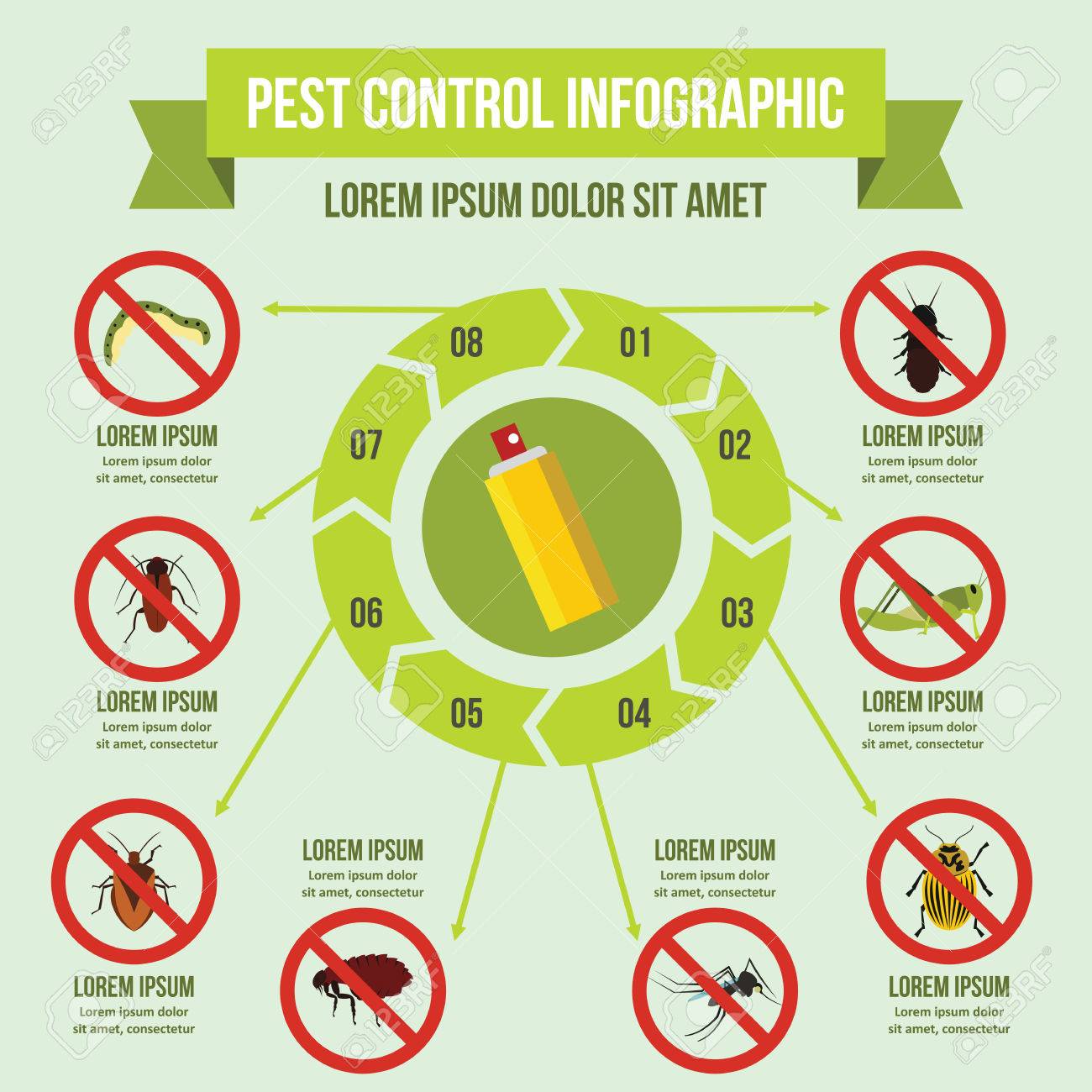Looking Into Advanced Approaches Employed By Parasite Management Professionals
Looking Into Advanced Approaches Employed By Parasite Management Professionals
Blog Article
Article By-Damgaard Caspersen
Are you tired of counting only on sprays to manage bugs in your home or work environment? While sprays can work, pest control experts have created sophisticated techniques that exceed simply spraying chemicals.
These methods not only offer much more effective and long-lasting solutions, yet additionally concentrate on lessening the use of damaging pesticides. By discovering these innovative methods, you will certainly find a whole new world of pest control methods that are not just efficient, but likewise eco-friendly.
So, are you ready to take your bug control game to the next level?
Integrated Parasite Management (IPM)
If you're trying to find a reliable and environmentally-friendly method to pest control, Integrated Parasite Administration (IPM) is the solution you require. IPM focuses on long-term avoidance and monitoring of insects, as opposed to simply relying on pesticides. This strategy thinks about the details demands and behaviors of bugs, in addition to the surrounding environment.
By using a mix of strategies such as biological control, environment manipulation, and targeted pesticide usage, IPM intends to decrease the dependence on chemical treatments and decrease harm to non-target microorganisms.
One key element of IPM is keeping track of and identifying parasites properly. This includes regularly examining and assessing the pest populace, as well as determining the details species existing. By understanding the biology and actions of parasites, insect control specialists can develop targeted methods to interrupt their life process and reduce their numbers.
An additional essential aspect of IPM is using non-chemical control techniques whenever feasible. This can consist of physical obstacles, such as installing screens or sealing fractures and holes, to avoid pests from going into buildings. In addition, social techniques, like correct cleanliness and waste management, can help remove insect food sources and reproducing premises.
When chemicals are necessary, IPM concentrates on utilizing them deliberately and as a last hope. This suggests selecting the least toxic and most reliable choice, applying it precisely and only to influenced areas, and complying with all security guidelines. By minimizing chemical usage, IPM reduces the possible risks to human health and the environment.
Biological Control
To further improve the efficiency of Integrated Pest Management (IPM), the following subtopic we'll explore is the technique of organic control. This technique uses natural predators or parasites to manage pests.
Below are four essential aspects of biological control:.
1. Intro of all-natural opponents: In this approach, valuable bugs or organisms are introduced to the area ravaged with bugs. These natural enemies take advantage of the bugs, assisting to minimize their populace.
2. Preservation of all-natural enemies: As opposed to presenting new organisms, this method concentrates on developing a suitable atmosphere for existing useful pests. This can be achieved through supplying food, sanctuary, and water resources.
3. Enhancement: Here, the number of natural adversaries is boosted synthetically by reproducing and launching them right into the ravaged location. This helps to quickly minimize the pest population.
4. pet friendly ant killer for inside -pull approach: This method integrates repellents and attractants to adjust the behavior of pests. Repellents press parasites away from crops, while attractants tempt them towards trap crops or areas where they can be easily managed.
Environment Adjustment
Environment modification plays an essential function in parasite control by changing the setting to prevent bug problems. By making best ant killer for house to the physical attributes of an area, you can create an inhospitable environment for insects, making it harder for them to endure and flourish.
One typical approach of environment adjustment is eliminating or decreasing potential food sources for pests. This can include proper waste administration, sealing containers, and tidying up food crumbs.
Additionally, getting rid of or reducing areas of standing water can help regulate parasites like insects.
Changing the landscape by cutting trees and shrubs away from structures can additionally stop parasites from accessing your property.
Final thought.
So there you have it - the advanced methods made use of by insect control specialists go beyond just spraying chemicals. Integrated Pest Administration (IPM) integrates various methods to successfully manage parasites, while organic control harnesses all-natural enemies to keep parasite populations in check.
check it out plays an essential function in stopping insect invasions.
Did you know that according to a research study, carrying out IPM strategies lowered chemical usage by an average of 71%? This not just protects our wellness and the atmosphere but also conserves cash in the future.
